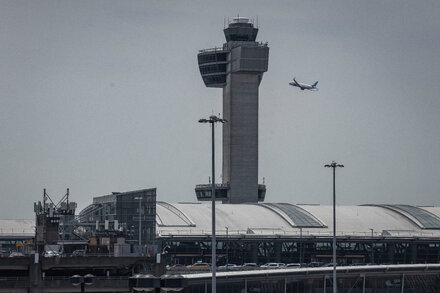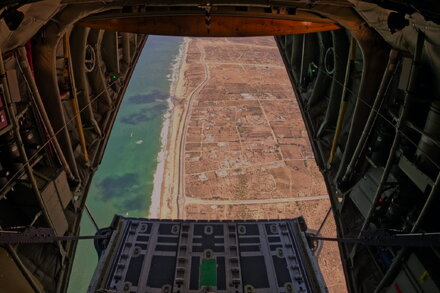A looming government shutdown is not expected to immediately halt air travel, as essential aviation personnel will remain on duty. However, if it persists, the shutdown could severely undermine the stability and efficiency of the nation’s air system over time.

A looming government shutdown, while not expected to immediately ground flights, poses significant long-term risks to the stability and efficiency of the nation’s air travel system should it persist. Key aviation personnel, deemed essential, are mandated to continue working, but the absence of funding for other critical functions could lead to mounting pressures and disruptions.
Immediate Operations Unaffected
Upon the commencement of a shutdown, core air travel operations are designed to remain functional. Air traffic controllers, Transportation Security Administration (TSA) agents, and Customs and Border Protection (CBP) officers are classified as essential employees and are required to report to work without immediate pay. This ensures that the nation’s airspace remains managed, security checkpoints are staffed, and international arrivals are processed.
“Passengers should not anticipate immediate flight cancellations solely due to a government shutdown,” stated an aviation industry analyst familiar with federal contingency plans. “The critical personnel responsible for safety and security will remain on duty. The initial impact will likely be less visible to the traveling public, but that doesn’t mean there isn’t an impact.”
The Federal Aviation Administration (FAA) maintains its operational control centers and air traffic facilities. Airlines are expected to continue their scheduled services, and airports will largely function as normal in the short term.
Mounting Long-Term Risks
While the immediate disruption to flights may be minimal, the prolonged absence of appropriations could severely undermine the air travel infrastructure. A significant portion of FAA staff, including those involved in aircraft certification, safety inspections, regulatory oversight, and air traffic controller training programs, would be furloughed. This could lead to a backlog of critical tasks that directly affect the industry’s ability to grow and maintain its high safety standards.
For instance, delays in certifying new aircraft models, approving new routes, or conducting routine safety audits could impact airline expansion plans and equipment upgrades. Furthermore, the pipeline for training new air traffic controllers—a workforce already facing staffing challenges—could be paused, exacerbating future shortages.
Representative Rick Larsen (D-WA), Ranking Member of the House Committee on Transportation and Infrastructure, expressed concern during a recent public statement, noting, “While air traffic controllers and TSA agents will report to work, the shutdown will halt the training pipeline for future controllers, stall critical safety inspections, and delay the certification of new aircraft. This creates a hidden, cumulative risk that grows with each passing day.”
The morale of essential personnel working without pay also presents a concern. While dedicated, the financial strain of an extended shutdown could lead to increased absenteeism or a longer-term exodus of skilled workers from critical federal positions, further compromising the system’s resilience.
Industry stakeholders, including major airlines and pilot unions, have consistently voiced their opposition to government shutdowns, citing the potential for significant economic harm and the erosion of operational stability. The longer the shutdown persists, the greater the likelihood of these underlying issues surfacing and eventually affecting the reliability and efficiency of air travel across the country.
Source: Read the original article here.





